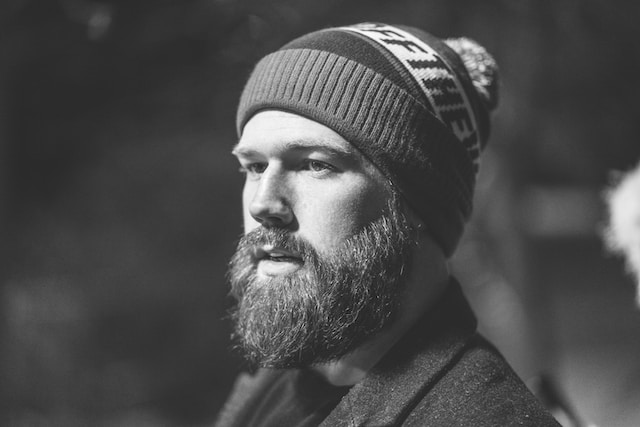Facial hair growth can vary greatly among individuals and is influenced by various factors, such as genetics, hormones, age, and ethnicity. While there is no specific “race” that grows less facial hair, certain ethnic groups may be more likely to have less facial hair growth than others.

East Asians are often cited as having less facial hair growth than other groups. Studies have shown that men of East Asian descent tend to have less dense facial hair, with fewer hair follicles per unit area compared to men of European or South Asian descent. This difference in hair density may be due to genetic differences in the androgen receptor, which regulates hair growth.
However, it is important to note that there is a wide range of hair growth patterns even within the same ethnic group. Not all individuals of East Asian descent have less facial hair growth, and conversely, some individuals of other ethnic groups may have less facial hair growth.
Aside from genetics, age and hormone levels can also affect facial hair growth. As men age, their levels of testosterone, which is responsible for regulating hair growth, tend to decrease. This can result in less dense facial hair growth. Additionally, some medical conditions or medications can also cause decreased facial hair growth.
However, it is essential to note that the amount of facial hair growth does not determine one’s masculinity or attractiveness. Societal norms and expectations regarding facial hair vary across cultures and throughout history. Ultimately, the decision to grow or not grow facial hair is a personal one and should be based on individual preferences and values rather than societal pressure or expectations.
Despite this, the portrayal of masculinity and attractiveness in the media has led to the general perception that more facial hair is more masculine and attractive. This perception has led to some men feeling self-conscious about their facial hair growth, especially if they feel they don’t meet the societal norm. This has led to an increase in men using various products to increase facial hair growth, such as beard oils, balms, and supplements.
However, it is essential to note that there are no shortcuts to hair growth. The products mentioned earlier may help in conditioning the hair and skin around it, but they do not affect the rate or density of hair growth. The only solution for increasing hair growth is through hormone replacement therapy, but this comes with its own set of risks and should not be taken lightly.
In conclusion, while there is no specific “race” that grows less facial hair, individuals of certain ethnic groups may be more likely to have less dense facial hair growth due to genetic or other factors. However, this does not necessarily determine one’s masculinity or attractiveness, and the decision to grow or not grow facial hair should be based on personal preferences and values rather than societal pressure or expectations. It is essential to understand that there is a wide range of hair growth patterns even within the same ethnic group and that the portrayal of masculinity and attractiveness in the media has led to a distorted perception of what is considered “normal.” It is essential to recognize and accept oneself for who they are, regardless of societal norms and expectations.
